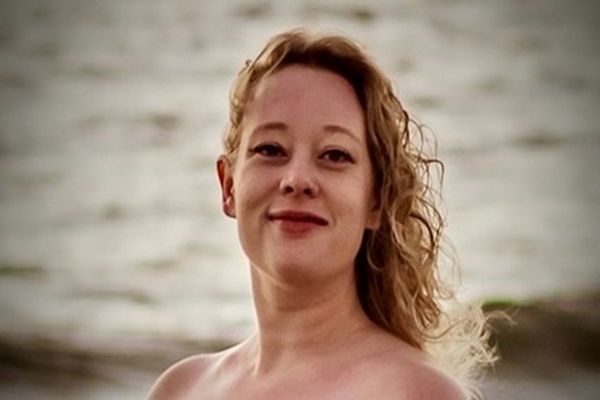
There was a moment in the COVID-19 pandemic when the fate of the Hunter's community was at a crossroads.
Mass deaths and illness similar to what was occurring overseas was becoming an increasingly real possibility.
The alternative would require an unrivalled commitment and sacrifice from the region's health professionals if their community was to have the best chance of pulling through.
Leading the mission to protect the region was Elizabeth Grist, the Hunter New England Health District's Functional Area commander.
Along with Dr David Durrheim, Dr Paul Craven and Michael DiRienzo, she was responsible for coordinating the response to the unique and deadly challenge that was bearing down.
Among their first moves was to put a call out to nurses who might be interested in upskilling so they could serve on the rapidly moving pandemic front line. They had no idea what the response would be.
"I walked into the John Hunter lecture theatre and it was absolutely packed with nurses and midwives," Ms Grist said.
"I'm not normally an emotive person, but I was gobsmacked; I couldn't explain the emotion. There was no vaccine yet but these people had stepped up and were willing to put themselves on the line to protect the community.
"I was so humbled and blown away. They never flinched. I never had a nurse or midwife say "I don't want to work in the swabbing clinic or somewhere similar."
It's those colleagues who Ms Grist says she shares her Medal of the Order of Australia (OAM) for service to community health, nursing and midwifery with.












"Everybody stepped up to the plate, including our allied health and support staff. But at the end of the day, the nurses and midwives were the ones right next to the patients," she said.
"Even though we didn't know much about the virus, we still had patients to wash and feed. I'm still quite astounded at their bravery."
Ms Grist's career began at the Mater Hospital, Waratah 48 years ago last week. She was trained by the Catholic Mercy nuns who ran the hospital at the time.
"They were hard taskmasters in some respects, but, gosh, they gave us a good grounding," she said.
"You learnt to respect everyone. As soon as you walk through the door, you're there to serve people. That might not be popular in today's world, but it's never left me. I've always felt that compassion for anyone that comes through our door."
Over five decades she has been present at miracles, tragedies, the start of life and the end of it in the way only a nurse can be.
"There have been patients who you thought would never survive an accident or situation but they did," she said.

"Then there were children who had terminal illnesses who I was able to be with and make their time happy and comfortable. Those are the things that stick out in my mind.
"It's so satisfying when you leave your shift to know you've given everything; You've done the best you could do. Nothing in all my years has ever beaten that feeling."
Ms Grist continued to work in the wards until she was appointed as the health district's executive director, clinical services nursing and midwifery in 2015.
The region now has the highest number of nurse practitioners in the state. These practitioners are able to prescribe medications and perform advanced procedures in communities and also where there is a shortage of doctors.
The role also involves promoting careers in nursing and midwifery to future generations. Several vocational pathways and mentoring programs have been put in place to help achieve this goal.
Not surprisingly, Ms Grist regards her leadership role in the pandemic response as the pinnacle of her career. But she says it was her training as a nurse that prepared her for the challenge of a lifetime.
"I believe the role of a nurse or midwife is to serve the community. It was the biggest honour to be able to serve the community in whatever way I could at that time," she said.
"When I look back on my career I would have to say that would be my greatest achievement."
Many of those who worked long, stressful and lonely hours during the depths of the pandemic were sustained by the support of their families. Ms Grist is no different.
"I couldn't have done it without them. My family's support kept me going during those two-and-a-half years," she said.
She also dedicated the award to her parents Maria and Leon Sokulsky, who escaped to Britain during World War II.
Her father, a Ukrainian refugee and her mother a German girl, emigrated to Australia in 1969 with the hope of giving their young family a better life.
"They were very humble people who were grateful for all of the opportunities that Australia gave us. They always believed in giving back to the community wherever they could," she said.







